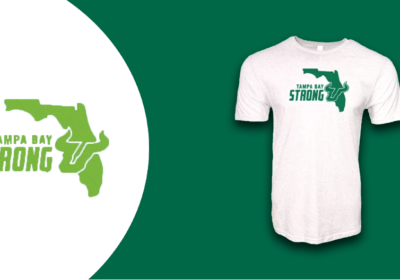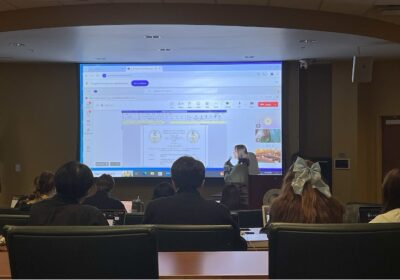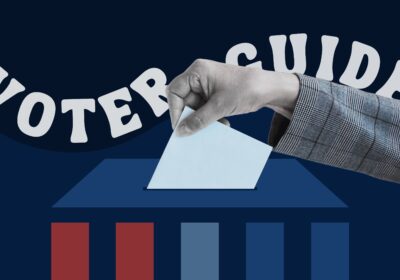USF professor trains police to combat bias
A new training program created by USF criminology professor Lorie Fridell is helping police officers become more receptive to training on preventing bias in their work.
Bias among law enforcement officials has been an issue explored in police departments nationwide in recent years, Fridell said.
The Fair and Impartial Policing (FIP) program was funded by grants from the U.S. Department of Justice.
Fridell’s conversations with social psychologists who study human bias changed her way of thinking about impartial bias.
“They opened my eyes and let me know that we were not thinking correctly about this issue and how it might manifest in police and therefore our interventions were not being effective,” she said. “What the researchers tell us is that bias has changed in our society. It used to be that bias was more explicit… explicit bias is conscious, it’s accepted in the person, it’s not hidden or anything.”
Fridell said social psychologists have found that over time, that bias is now more implicit than explicit, making it beyond a person’s control.
“Implicit biases can occur even in people who consciously reject racial and other types of stereotypes,” Fridell said. “They’re well-meaning individuals, but they can still be impacted below consciousness by their implicit biases, which can impact not only their perceptions. For instance, how they might perceive something as a threat or not a threat — but can also impact on their behaviors.”
In the past, training programs for law enforcement agencies on avoiding implicit bias have not sat well with participants, Fridell said.
“If you’re dealing with someone with explicit biases, you basically say ‘Don’t be prejudiced, these are nice people,’” she said. “Now how does that feel to somebody who doesn’t think of themselves as a prejudiced person? It’s downright insulting.”
Due to the way the topic has been handled in the past, Fridell said law enforcement officials are quick to dismiss the issue, thinking it doesn’t affect them or their agency.
“Once you go in and say ‘This is about humans and how your mind works. This isn’t about police, it’s about everybody,’ it reduces their defensiveness,” Fridell said. “When I go into a training, (officers) are mostly sitting there with their arms crossed and they’re not glaring, but they’re at least not welcoming. But because of the way we’ve been thinking about this issue, and handling it wrong, they go out at the end of the day with overwhelmingly positive evaluations (of the program).”
The program takes a scientific approach to teach law enforcement officials about bias policing and how they cannot only become aware of their implicit biases, but also how they can reduce and find ways to avoid letting bias affect their work in the field.
“It’s very hard to reduce our implicit biases,” Fridell said. “It took us a lifetime to develop them and they’re not going away quickly.”
An essential concept of the training program, Fridell said, is discussing and utilizing the contact theory — a theory that if people interact with individuals as individuals, rather than as populations, it becomes easier to understand them and to avoid making stereotypes against them based on first impressions.
“The more we interact with people who are different from us, it’s going to reduce our unconscious prejudices,” Fridell said.
Changing the way instructions are given to patrol officers by top commanders in law enforcement can also alleviate implicit bias, Fridell said — a concept known as conditional policing.
“Conditional policing is going out there to that low-income, high-crime area and the chief sends you out there to make the arrest and take the victim’s statements,” Fridell said. “That means all of your interactions with these people who might be different from you — because they’re low-income or people of color — might be negative, and your biases could explode.”
This form of instructing patrol officers, Fridell said, can be altered by telling officers to get to know the community of people in the areas they patrol and by applying the contact theory while out in the field.
“What if your chief sends you out to the same neighborhood and says ‘Go out there, you’re going to be making arrests, but also meet the business people,’” she said. “Stop in and say hello. Meet the mother who is working three jobs to get her kids into college. Meet the father who’s organizing the young men to keep them out of gangs. It’s changing perspective, and so there’s a lot of positive interaction and biases will not explode.” 12







